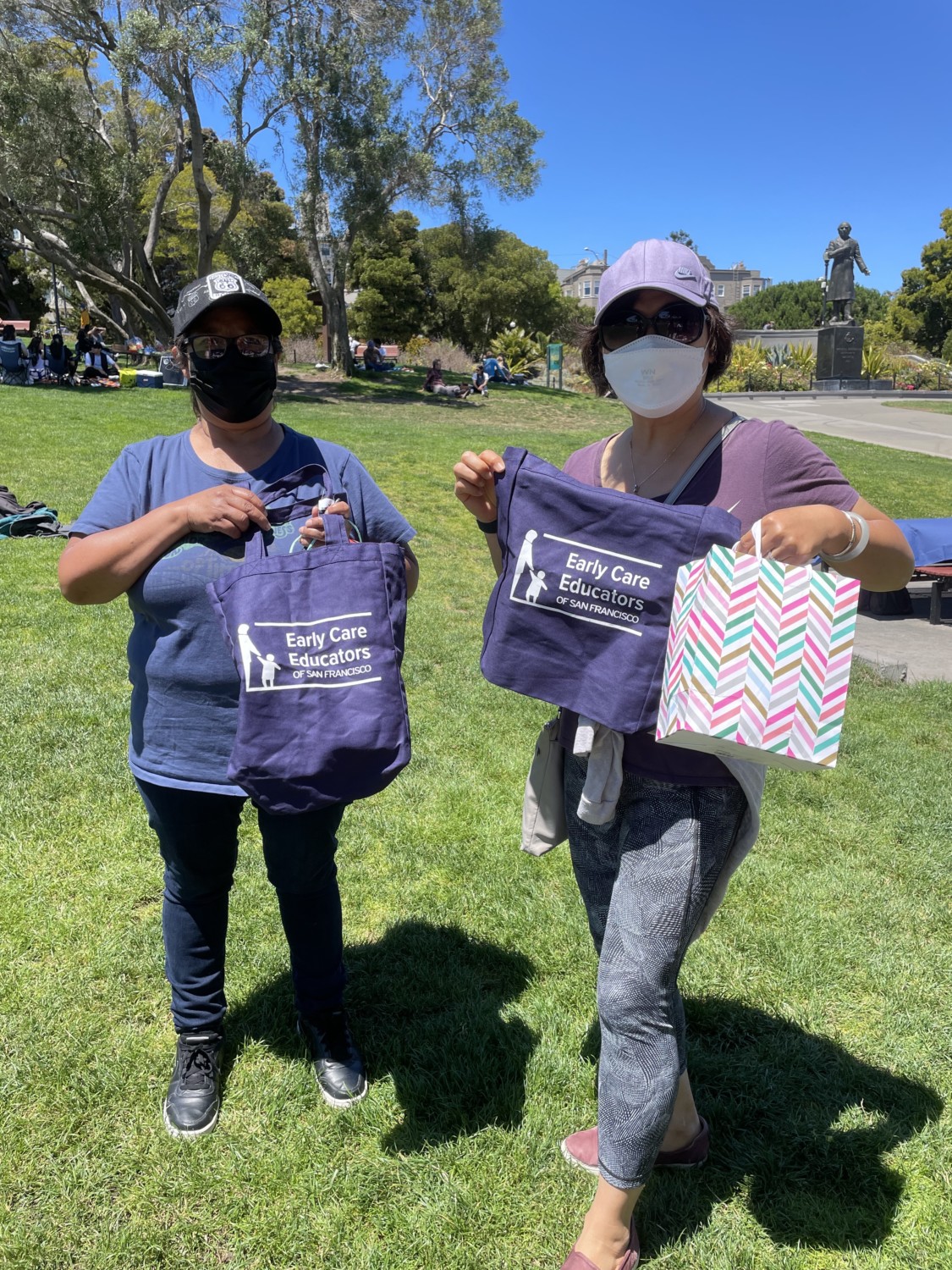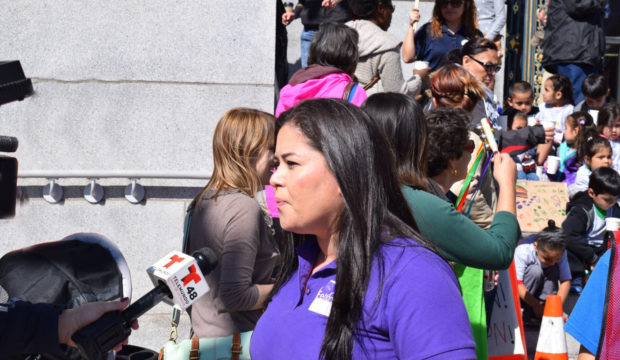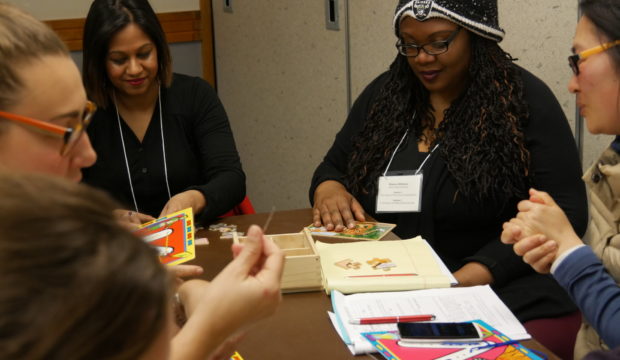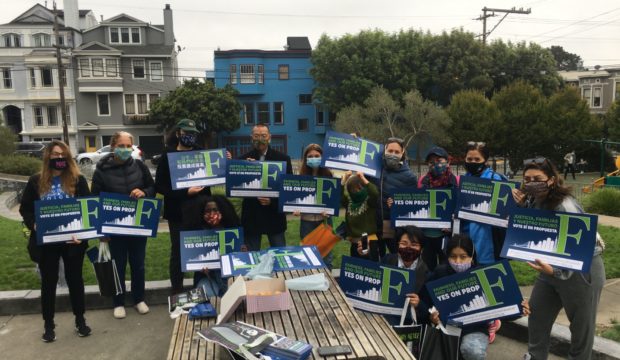ECESF brings early care educators to the table
Early care educators bring important perspective to what is needed to make early care and education a loving and learning place for children, families, and educators. Educator work conditions directly influence the care and learning that the child experiences. Funding for and availability of teaching staff, along with program goals and priorities at the workplace, allow for or detract from an educator’s ability to make time to listen and reflect, learn from, and create a nurtured learning experience for a child, and partnership and resources to a child’s family. Understanding what works and what doesn’t at the level of where the service is provided is crucial to successful care and education. Educators’ expertise is essential to effective policy and program development.
allow for or detract from an educator’s ability to make time to listen and reflect, learn from, and create a nurtured learning experience for a child, and partnership and resources to a child’s family. Understanding what works and what doesn’t at the level of where the service is provided is crucial to successful care and education. Educators’ expertise is essential to effective policy and program development.
Key to authentic involvement of teachers in decision-making is offering educators ongoing space and time to come together, information and background on what policy is under discussion, and an opportunity to reflect and share experiences, so they can best evaluate needs as a group rather than as an individual educator. In addition, policy-making and decisions too often happen in daytime meetings, and program decisions at the workplace are most often made without effective teacher involvement.
ECESF prioritizes educator involvement in decision-making at the workplace, as well as on policy and program development front—as a core issue and key areas of our advocacy. Read more about ECESF’s mission, vision, and principles, and what we do.
Key issues for early care educators
ECESF is engaged in ongoing conversations with center and family child care teachers and administrators to promote awareness and guide the implementation of the Department of Early Childhood’s Compensation Initiative as a next step in our advocacy for compensation that offers quality of life and values the knowledge, skill, and importance of caregiving and education.
The San Francisco Compensation Initiative targets a $28/hour minimum living wage for all ECE educators in the San Francisco ELS-funded system with a wage ladder for job position and education. This is an important next step toward pay parity with SFUSD K3 educators that San Francisco’s mayor and supervisors committed to in 2015—and a next step in uniting early care and K12 educators in a common struggle for fair wages.
ECESF was on the forefront of securing the funds for this program, with the 2018 passage of Prop C, and the 2020 Prop F victory allowing the first release of funds. It’s exciting to now to be on the side of guiding the implementation. The voices of early care educators at centers and family child care sites are crucial to this process.
Effective decisions around the use of Prop C funds require an understanding of all funds available to the Department of Early Childhood and their intended purpose. ECESF is working with community oversight, advisory, planning bodies and the Department of Early Childhood to secure a transparent budget and effective ongoing community process to inform our planning for the use of new funds secured and past funds, as well as to identify ongoing needs for additional funds.
Early Care Educators of San Francisco supports early care and education for all, including advocating at the state and local level to:
- ensure caregiving is valued as the core component of 0-5 programming, and the basis of all learning
- fund programs for the true cost of care, including compensation for teachers and support staff that allows quality of life and dedication to the work
- recognize that the skills and knowledge needed by 0-3 teaching staff is equal in value, though not the same as preschool or K3—and should be compensated accordingly
- provide full-day programming at one site for young children for whom mid-day transportation is not appropriate
- monitor the impact of transitional kindergarten on community-based programs
California’s expansion of transitional kindergarten (TK) statewide will increase the demand for teachers—creating additional . Changes to teacher qualifications are underway, including the creation of a PK-3 Early Childhood Education Specialist Credential now approved by the California Commission on Teacher Credentialing (CTC). Once program standards and teacher performance expectations are approved, higher education institutes will go through an approval process with the CTC to offer a credential preparation program.
Early care educators are advocating for programs and pathways that:
- are accessible to current early care educators
- recognize a foundation in child development and early care and education, with an emphasis on deep relationships, self- and community-identity, and caregiving as the base on which to build all learning, as the primary areas of focus for educators of children 0-5 —rather than a multiple subject emphasis
- lead toward equitable compensation for educators with expertise in 0-3, preschool, or K3—each with discreet but equally valuable areas of skill and knowledge
- support educators in both community-based and public programming



